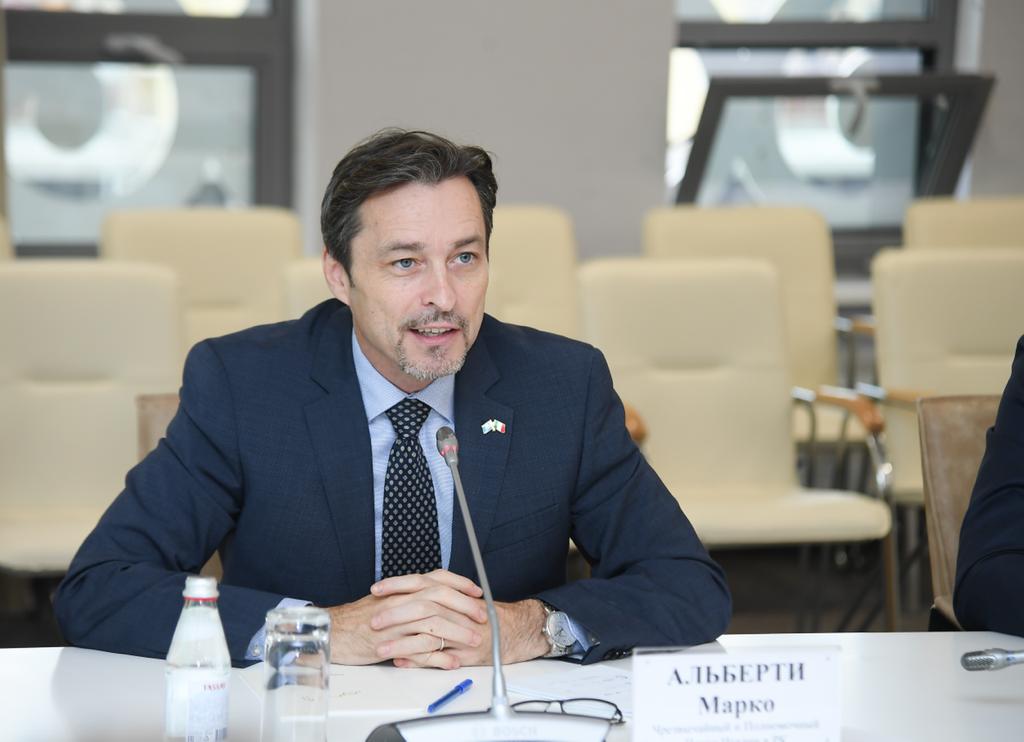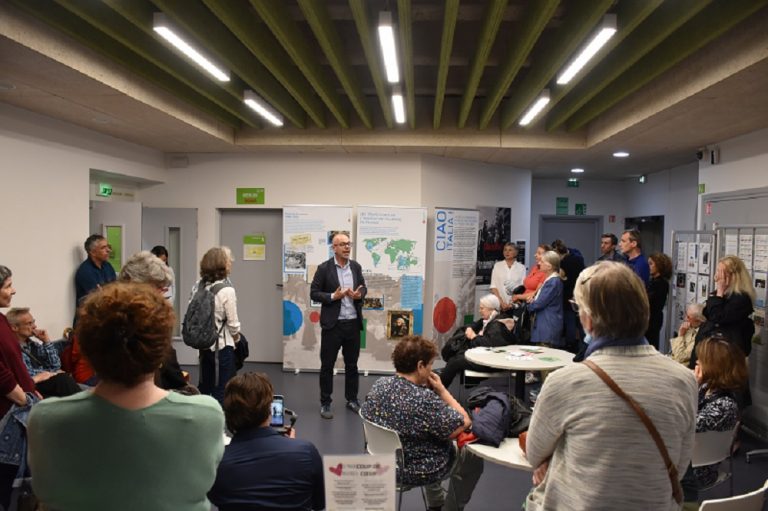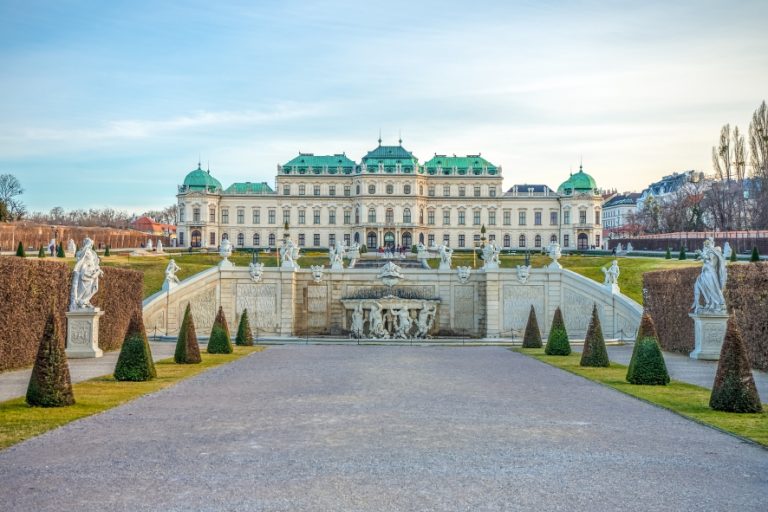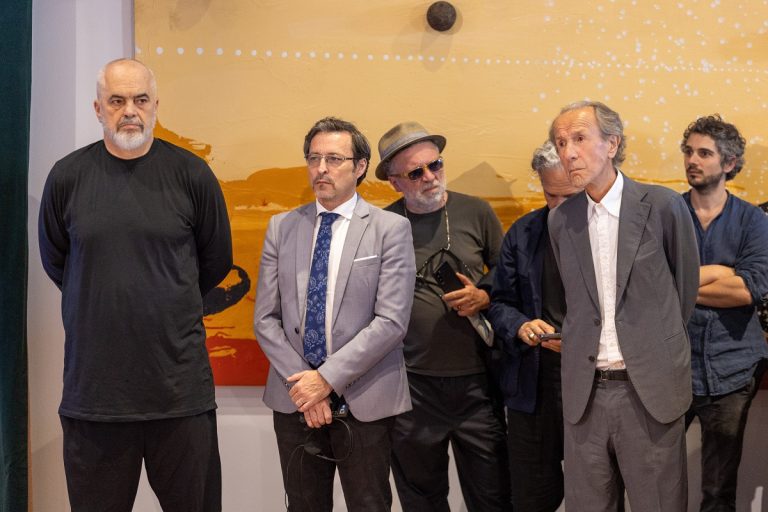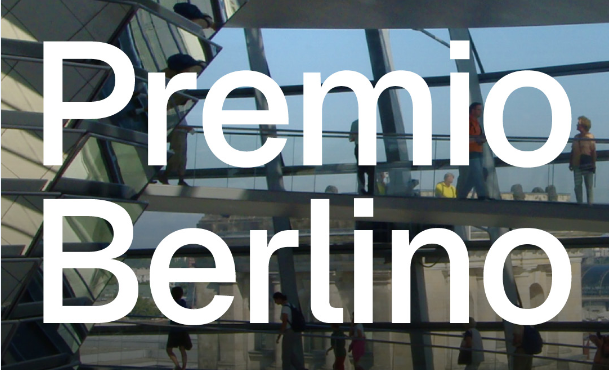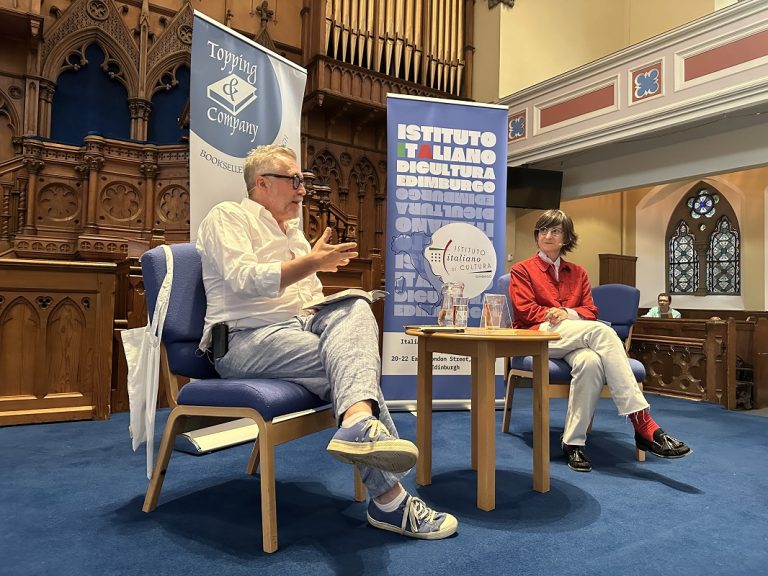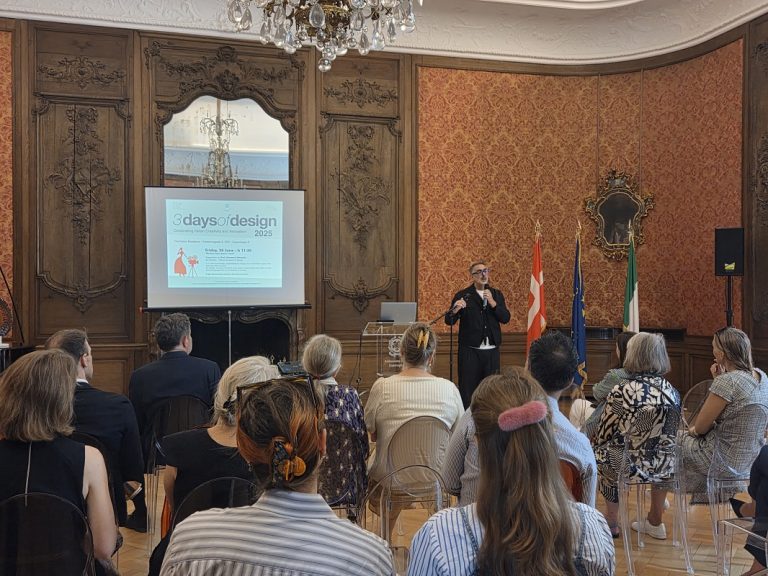“Culture, business, sustainability”. These are the guidelines set forth following the mission carried out on 25-26 October by the Italian Ambassador to Kazakhstan, accompanied by Dr. Emilio Sessa, the head of the Economic Office of the Embassy, to the Region of Turkestan, one of the Country’s most dynamic regions with a considerable potential for tourism and culture.
The agenda of the meeting with the Governor of the Region, Darkhan Satybaldy, mainly focused on several initiatives by Italian industries, including the establishment of the 50 MW solar power plant at Shaulder, developed by Arm Wind, an Eni subsidiary active in the renewable energy sector. The other points on the agenda were strengthening cooperation in the promotion of archaeological and monumental sites, including the ancient cities of Otrar and Sauran. The Ambassador was also accompanied by Dr. Benotto and Menegazzi, from the Fondazione Torino Musei and the Centro Ricerche e Scavi Archeologici di Torino, who signed a MoU on the training of personnel for the culture sector with the “Azirret Sultan” Regional Directorate for Museums and Monuments. It marks the first of a series of initiatives that will be able to be further developed by the soon to be opened Italian Cultural Institute in Almaty.
The Ambassador was also one of the speakers at the “International Conference on sacred heritage, pilgrimage and sustainable tourism”, organised by the Region of Turkestan in association with UNESCO, which was attended by over 500 guests, in addition to the representative of the Presidency of the Republic, of the Ministry of Culture and Sport, the Governor of the Region and the regional representative of UNESCO. In his contribution, Ambassador Alberti recalled the importance of Italy’s contribution in the sustainable monetization of cultural heritage through the consolidated expertise of our Country. Dwelling on the candidacy of Roma Expo 2030, Ambassador Alberti stressed the highlights, emphasizing that it is based on the new relationship between the individual citizens and the local territory, focused on the regeneration of space and the promotion of tradition from an innovative perspective.
“Multi-stakeholder actions, such as the ones that we would like to promote in Turkestan, require time and patience – Alberti said – “but they are on the right track towards the optimization of everybody’s resources. In the wake of the success of the Eni-Arm Wind and UNDP project, through which a whole school in Turkestan can now count on solar energy, we are developing other projects, thus offering the Country an integrated idea of Italy, represented through its Embassy but also through top-ranking companies and high-profile cultural institutions interested in Kazakhstan.”
The agenda of meetings also included talks with Aidos Sakenov, Rector of the International University of Tourism and Hospitality of Turkestan who, in thanking the Embassy for its support, through public funding, of the Italian Language course opened at the University, expressed great interest in exploring university exchanges with Italian universities in the field of the management of tourism activities and of natural resources.


